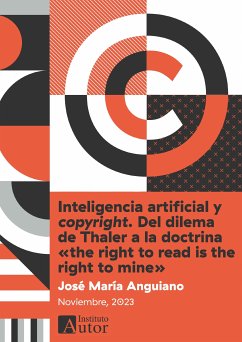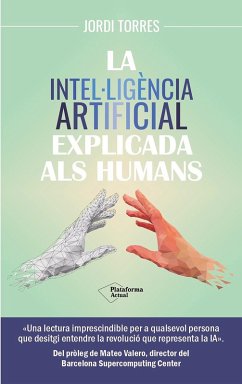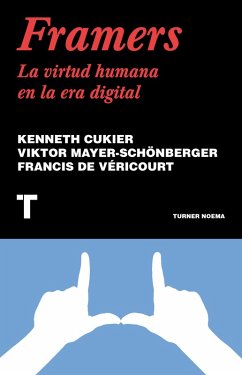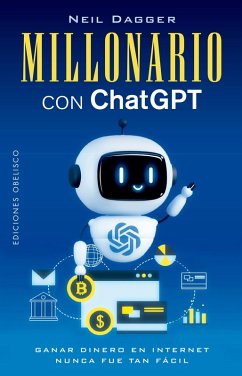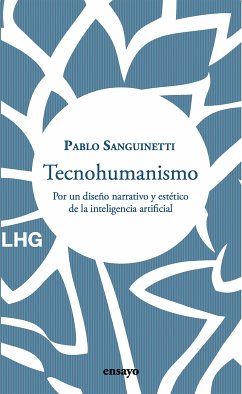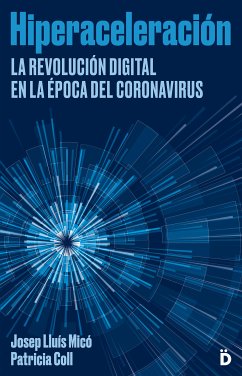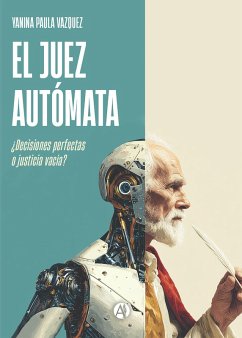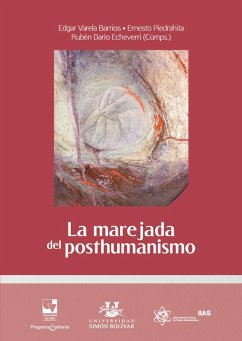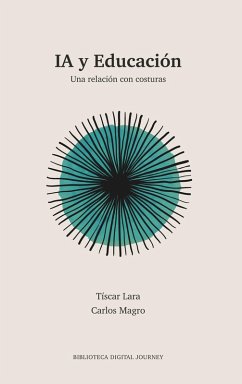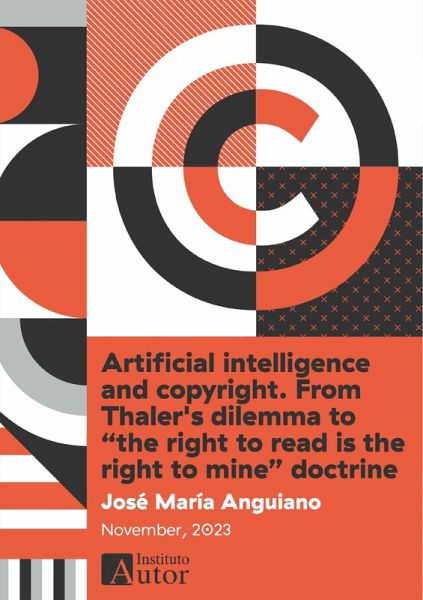
Artificial intelligence and copyright. From Thaler's dilemma to "the right to read is the right to mine" doctrine (eBook, ePUB)

PAYBACK Punkte
0 °P sammeln!
Many are reflecting on the consequences of AI's advance into the legal profession, whether human jurists can be replaced by AI1 and whether in the not-too-distant future legal work will be taken over by these machines. My approach is different. It is also important to reflect on the legal consequences of this technology's advance into our lives. Especially considering that existing legal systems are written by and for humans. The emergence of a new "participant" that is not covered by current regulations and whose actions have legal relevance in the environment seems likely to raise a number o...
Many are reflecting on the consequences of AI's advance into the legal profession, whether human jurists can be replaced by AI1 and whether in the not-too-distant future legal work will be taken over by these machines. My approach is different. It is also important to reflect on the legal consequences of this technology's advance into our lives. Especially considering that existing legal systems are written by and for humans. The emergence of a new "participant" that is not covered by current regulations and whose actions have legal relevance in the environment seems likely to raise a number of legal challenges that will have to be addressed. Copyright is a prime example of this. There is a global regulatory debate regarding the legal status of "artificial intelligence (AI) models". There are three important issues at the heart of the matter. The first on how to protect AI itself; the second on the status of the creations generated by AI, whether they can be recognised as authors and rights holders of their creations; and the third on the protection of the rights of the owners of the works fed into AI: data, formulas, texts, images or sounds protected by copyright or patent.
Dieser Download kann aus rechtlichen Gründen nur mit Rechnungsadresse in A, B, BG, CY, CZ, D, DK, EW, E, FIN, F, GR, H, IRL, I, LT, L, LR, M, NL, PL, P, R, S, SLO, SK ausgeliefert werden.




